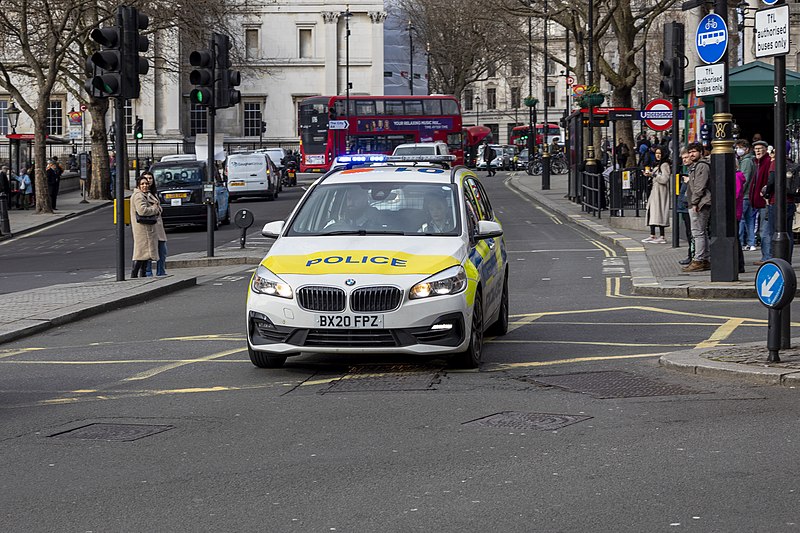
The Metropolitan Police in London has been undergoing significant changes in the last six months, dismissing dozens of officers and investigating older misconduct cases in an effort to restore
public trust and improve its image following a string of scandals. Last month, an independent review found the force to be institutionally racist, misogynistic, and homophobic, and unable to police itself. The report called for urgent reform of the UK's largest force, known as the Met.
Some of the most disturbing cases involved an officer convicted of multiple rapes and another sentenced to life in prison for the abduction and murder of a woman as she walked home. The new chief of the Met, Mark Rowley, who took over last September, has pledged to eliminate unsuitable individuals from among the more than 43,000 officers and staff.
Since Rowley's appointment, the Met has suspended 144 officers over new and old misconduct cases, twice as many as in the previous six months. A report on improving standards in the force showed that the number of dismissals rose 70% to 51 in the same period.
"I said we were serious about this and I meant it. This is the strongest doubling down on standards in the Met for 50 years," Rowley said in a statement.
The latest update from the Met revealed that the force had identified almost 200 cases where officers and staff needed urgent risk assessments or vetting reviews. There were also nearly 700 completed cases where there might be new or missed lines of inquiry. "On far too many occasions dating back 10 years, opportunities may have been missed or decisions have been taken that have left those who corrupt our integrity free to remain in policing," Rowley said.
Further reviews are ongoing to assess the vetting of serving officers, and all staff are being checked against the Police National Computer (PNC), which records convictions.
The Met's efforts to restore public trust and clean up its image come after a number of scandals that have rocked the force in recent years. In 2018, a report by the Independent Office for Police Conduct (IOPC) revealed that the Met had failed to investigate the deaths of hundreds of people in custody or following police contact over a period of several years. The same report found that black people were disproportionately likely to be the subject of such investigations.
In 2019, the Met was heavily criticized for its handling of the Extinction Rebellion protests in London, with officers accused of using excessive force and making unlawful arrests. Later that year, the force faced further criticism for its use of facial recognition technology, which was found to be inaccurate and potentially discriminatory.
The Met's recent actions have been welcomed by many, including London Mayor Sadiq Khan, who called them "a step in the right direction." However, some have criticized the force for not doing enough, arguing that there needs to be a fundamental shift in the culture of policing in the UK.
The Met's new chief, Mark Rowley, has acknowledged that there is still much work to be done. "We know we've got a lot of work to do to build the trust of communities and improve our standards," he said. "But we're absolutely committed to doing it, and we won't stop until we get there." Photo by Bob Jenkin, Wikimedia commons.









































